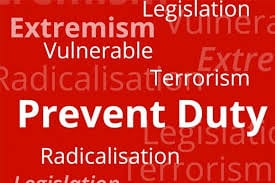By Prof Steven Greer, Professor of Human Rights (University of Bristol Law School)
Freedom of expression has long been extolled by those who love freedom generally. For example, attempting to capture Voltaire’s commitment to it, historian Evelyn Beatrice Hall coined the famous phrase, wrongly attributed to the French philosophe himself – ‘I disapprove of what you say but will defend to the death your right to say it’. George Orwell also once memorably quipped: ‘If liberty means anything at all, it means the right to tell people things they don’t want to hear’. And, according to the European Court of Human Rights, this includes offending, shocking and disturbing.[1]
Spats, fall-outs, intellectual and personal feuds, have, of course, been commonplace amongst scholars since antiquity. And before the institutionalisation of the right to free speech in the west, the consequences could be much more serious than ruffled feathers. In the 16th century, for example, questioning the Catholic doctrine of transubstantiation – that the wine and wafers used in the Mass miraculously turn into the physical body of Christ upon consumption – could result in being burned at the stake as a heretic. In the centuries since, the west has become accustomed to vigorous, legally-protected, yet not always even-tempered academic debates. For example, arguably making a bid for the most disrespectful scholarly put-down on record, nineteenth century German philosopher, Arthur Schopenhauer, denounced his much more famous and influential contemporary, Hegel, as a ‘flat-headed, insipid, nauseating, illiterate charlatan’. (more…)



